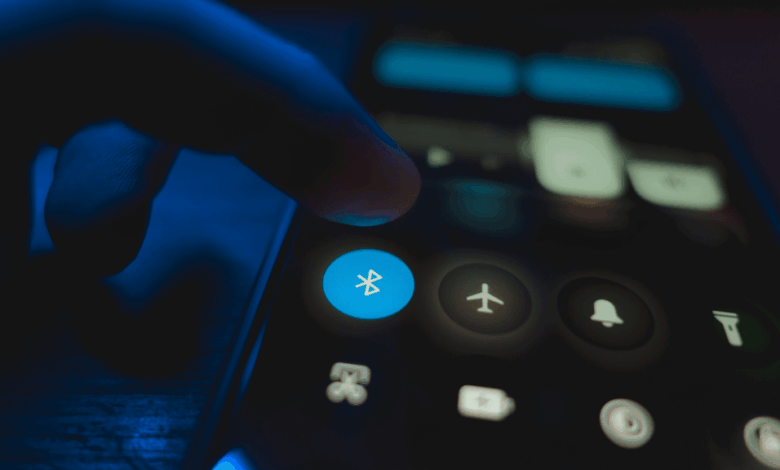PSA: Always Turn Off Your Phone’s Bluetooth When You’re Not Using it

Bluetooth: Why You Should Consider Turning it Off
In today’s world, smartphones have become an essential tool for communication and connectivity. With features like Wi-Fi, mobile data, Bluetooth, and GPS, staying connected has never been easier. However, there are risks associated with constant connectivity, particularly when it comes to Bluetooth.
Many people leave Bluetooth switched on all the time, even when it’s not in use, just in case they want to quickly connect to wireless headphones or a speaker. But there are good reasons to consider turning off Bluetooth, as German testing Stiftung Warentest is currently warning against it.
Battery Drain: One of the main reasons to turn off Bluetooth is to conserve battery power. While Bluetooth itself doesn’t consume a significant amount of battery life, every little bit counts, especially when traveling for long periods. Connecting to wireless headphones or speakers can further drain the battery. So, if you’re experiencing battery issues, disabling unnecessary functions like Bluetooth can help.
Security Risks: Leaving Bluetooth on when not in use can also pose security risks. Attackers can exploit vulnerabilities in Bluetooth-enabled devices to carry out various types of attacks. Bluejacking, bluesnarfing, bluebugging, man-in-the-middle attacks, BlueBorne attacks, and Bluetooth Impersonation Attacks are just a few examples of how Bluetooth can be used for malicious purposes. App providers can also track users via Bluetooth for advertising purposes, raising privacy concerns.
Protection Measures: To protect yourself from Bluetooth-related risks, it’s important to disable Bluetooth when not in use. Avoid accepting requests from unknown Bluetooth devices and regularly review and delete any unnecessary paired devices. Disable sharing and transmission of the Bluetooth name if you use your device as a personal hotspot. Additionally, consider whether your smartwatch needs to remain connected to your smartphone via Bluetooth at all times.
By taking these precautions, you can reduce the potential security risks associated with Bluetooth and conserve your device’s battery life. Remember, it’s always better to be safe than sorry when it comes to protecting your personal information and devices.





